
“Words are things…. They get on the walls. They get in your wallpaper. They get in your rugs, in your upholstery, and your clothes, and finally into you.” – Maya Angelou
How can the language around you stigmatize people with mental illness? This day highlights the stigmatizing words and phrases commonly used in our day-to-day conversations and provides tools for promoting self-awareness and engaging others in adopting less stigmatizing language towards people with mental illness.
Language is powerful, and our choice of words can either break down misconceptions and stereotypes or feed into them. The language we use to describe people with mental illness plays a vital role in the way those affected by mental illness are treated in our society. Stigmatizing language – such as “crazy” – perpetuates negative perceptions, which can result in people being excluded from jobs, housing, social activities, and relationships. Taking caution with our words is the first step to creating and fostering a stigma-free environment where everyone can feel empowered to care for their mental health. Changing our language can make it easier for someone to ask for help and to recover.

Do You Want To Learn More? Check Out These Additional Resources:
Language Basics
The Language Basics guide developed by Wellbeing.org highlights stigmatizing language to avoid and recovery language to use when talking to youth about mental health.
The Enigma of Stigma: Redefining The Way We Talk About Mental Health
In this Ted Talk, Sophie Riegel talks about the ways in which we may unconsciously perpetuate stigma and offers language that inspires safe and supportive conversation.
Spread The Word!

Community Resources:
Thank you to our 2024 sponsors:
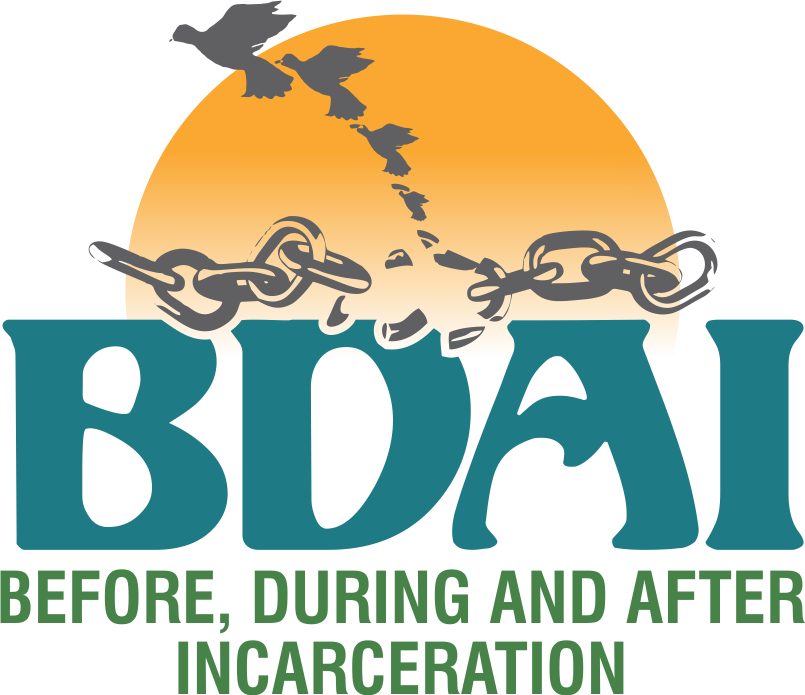
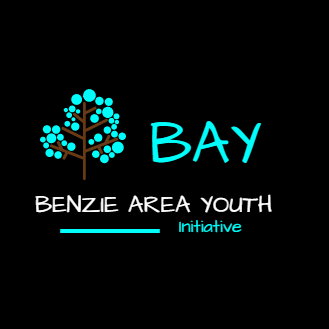
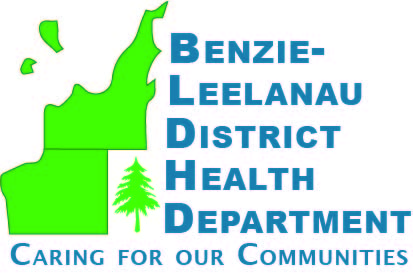
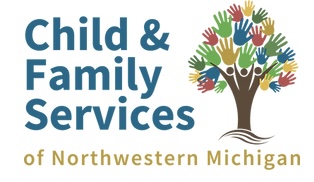

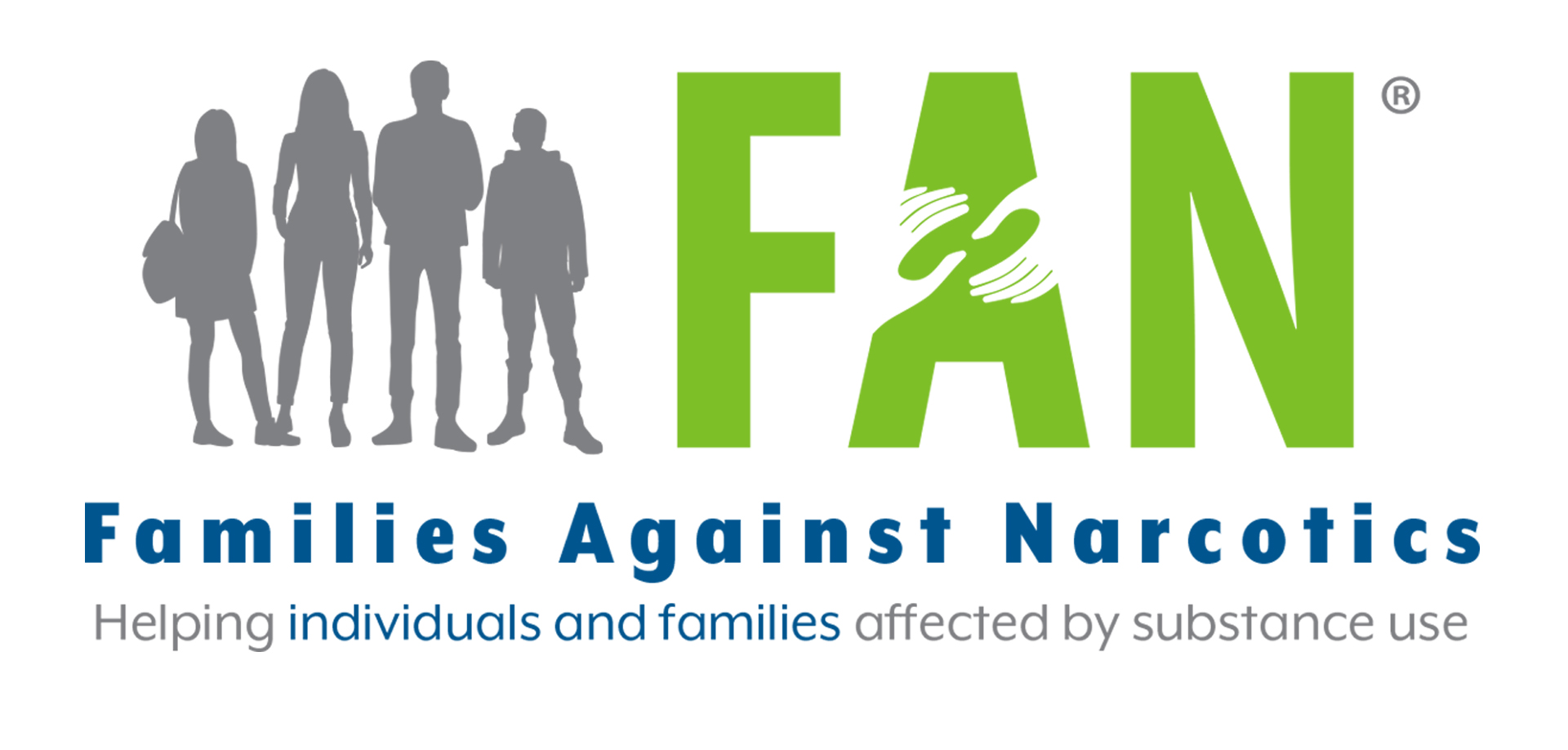


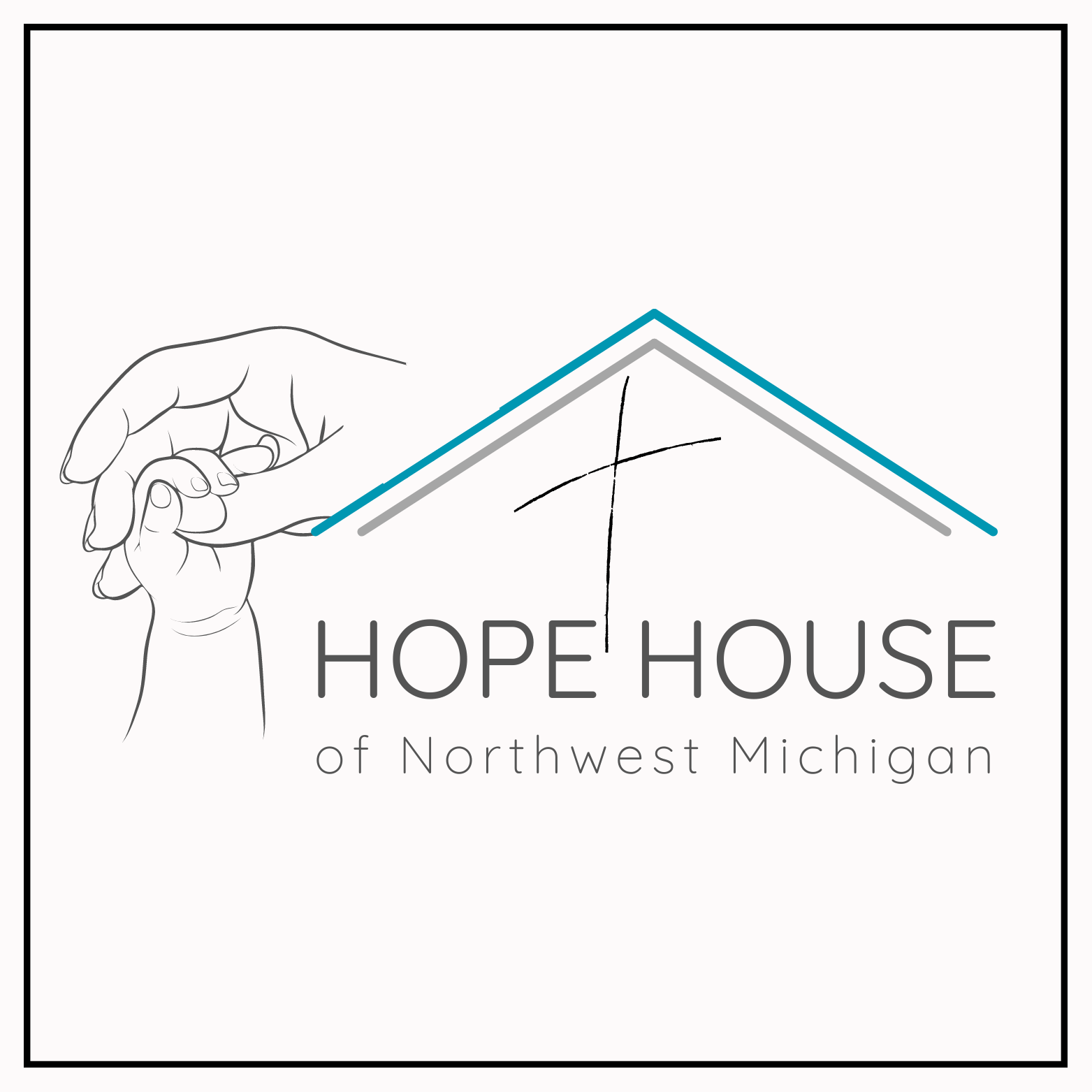
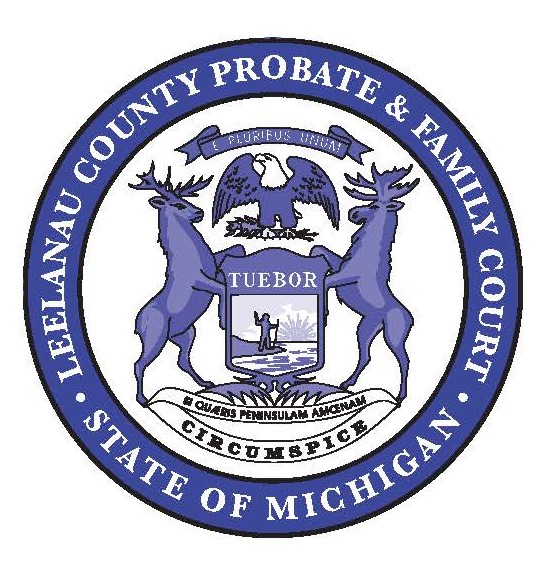
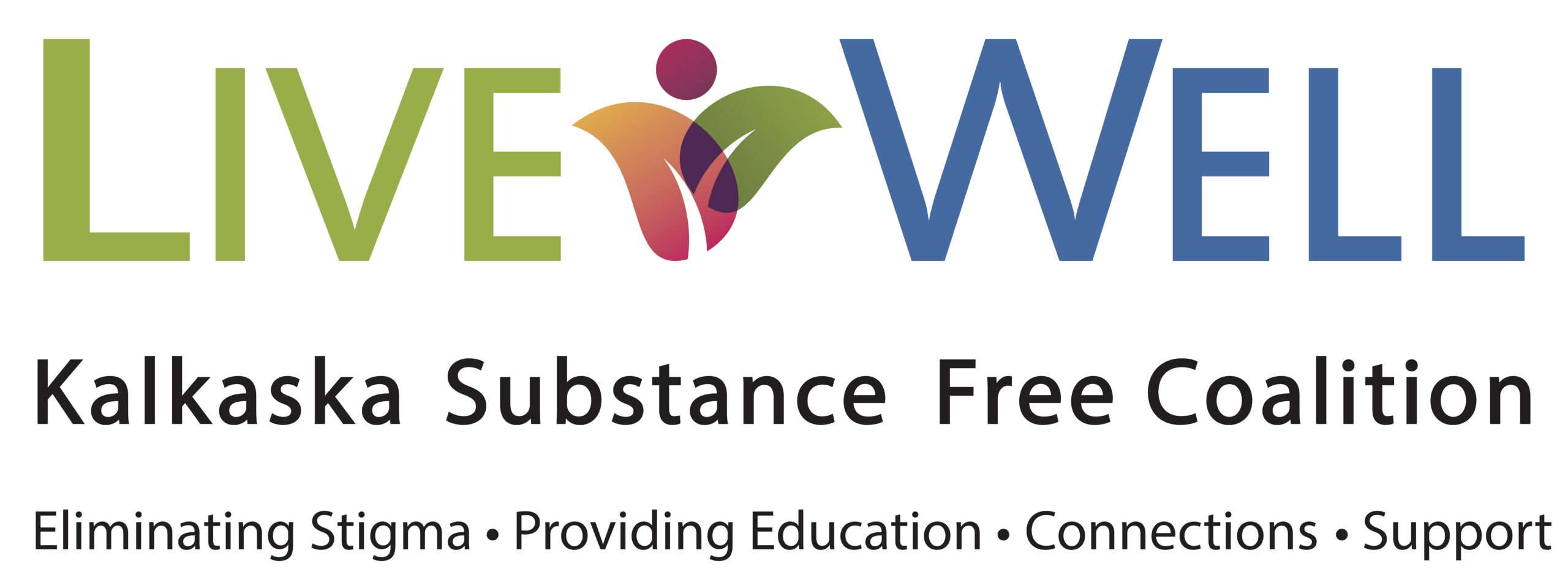

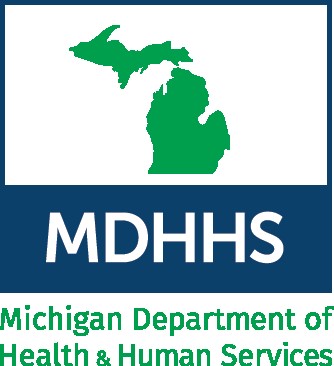
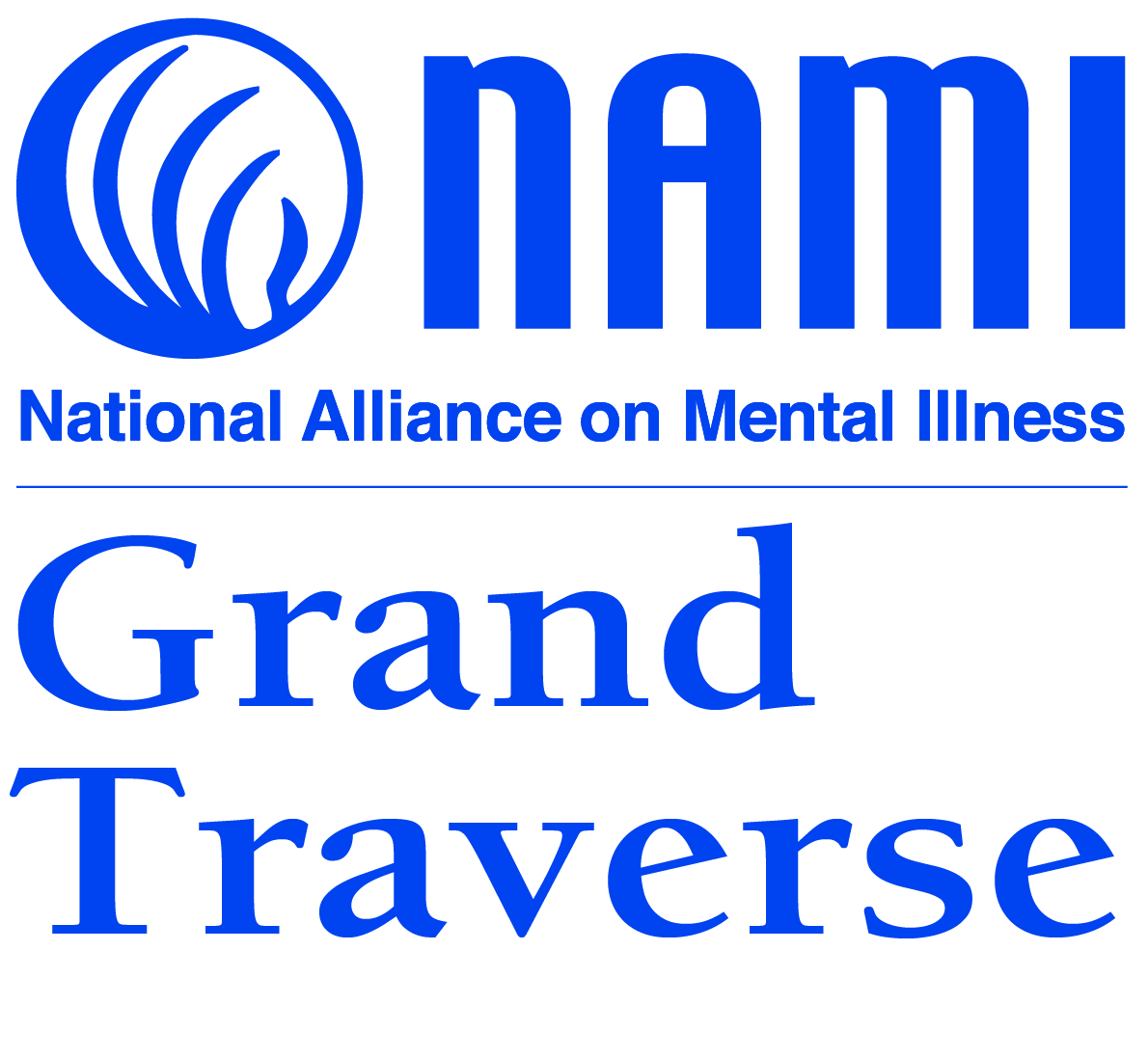
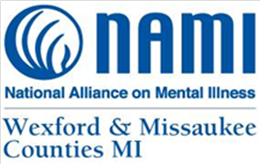


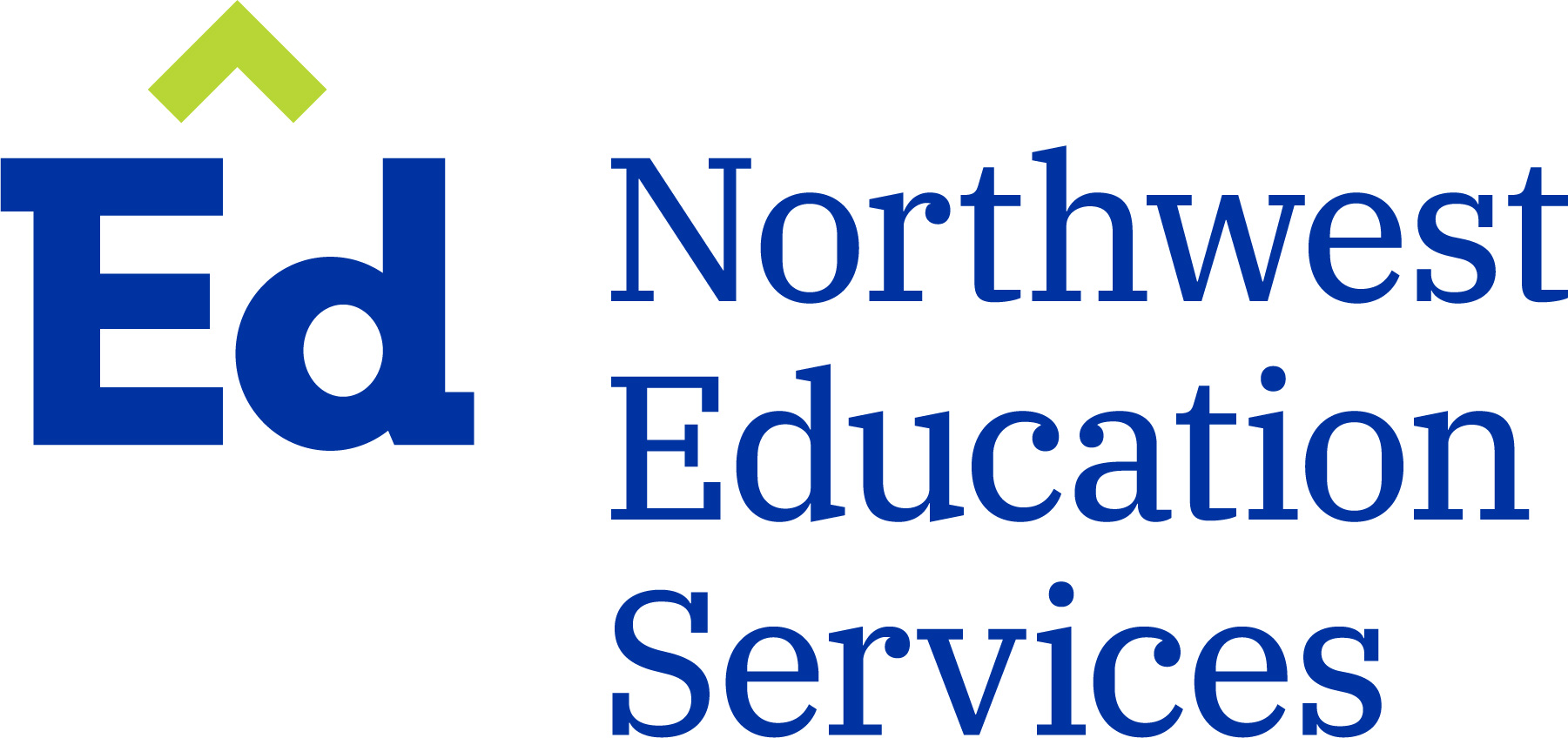
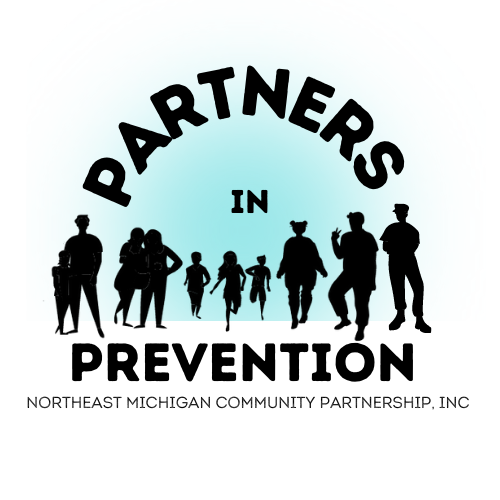


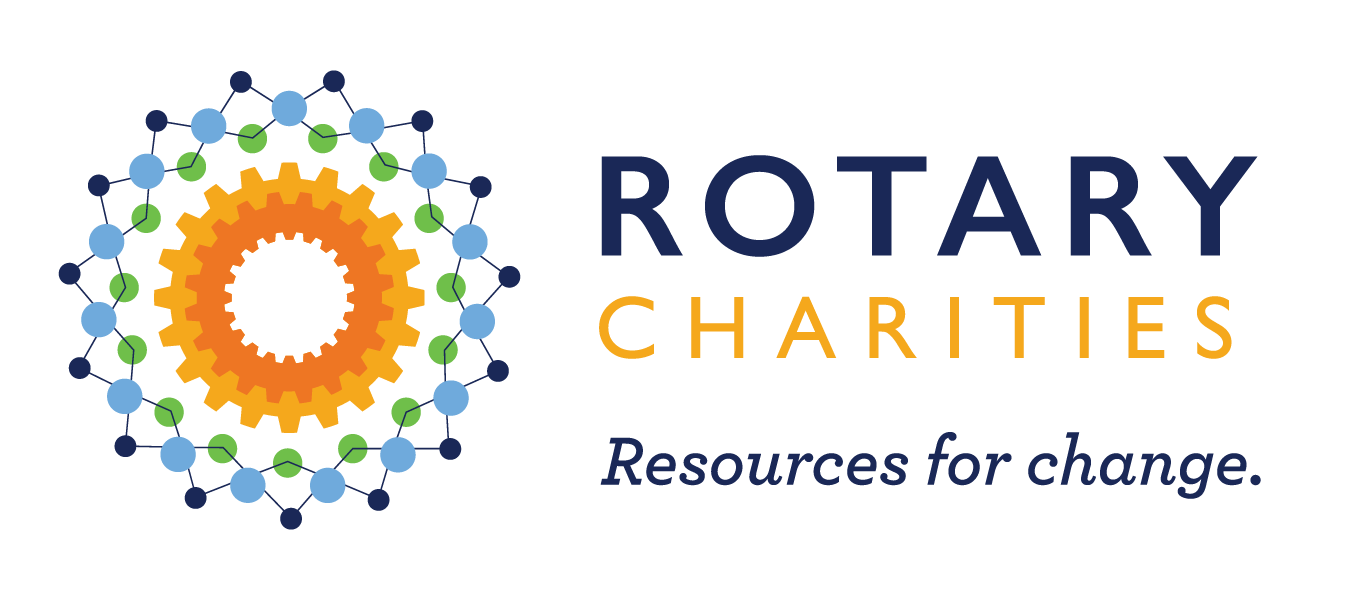



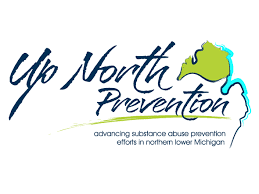
![]()
